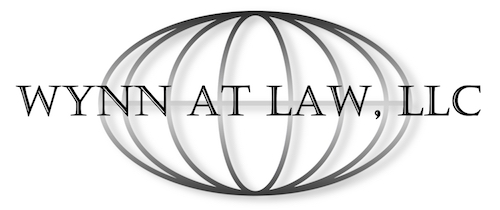The most commonly used form of bankruptcy, Chapter 7, provides honest debtors who have limited financial means with a fresh start by eliminating many of a debtor’s most common financial obligations through the discharge (which is generally granted at the end of the case). In return for the discharge, the debtor must turn over to the trustee certain nonexempt assets. These nonexempt assets are sold with the proceeds distributed to creditors according to priorities set forth in the Code. Generally, priority expenses of administering the estate, unpaid wages, domestic support obligations, and taxes are paid ahead of ordinary unsecured claims. If assets remain for distribution to unsecured creditors, those creditors who file formal proofs of claim within the time fixed by the court share proportionately in the remaining proceeds. As discussed below, property that is subject to an otherwise unavoidable lien is generally not administered by the trustee. Such property is covered by the contract between the parties and the rights and remedies available under state law.

